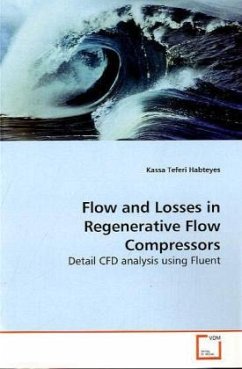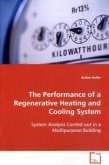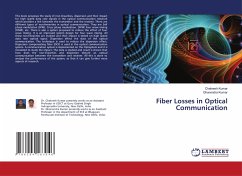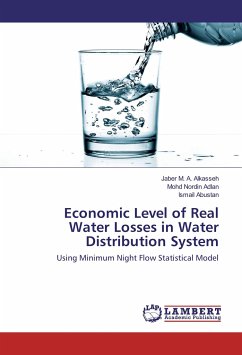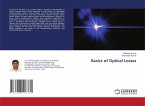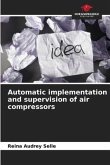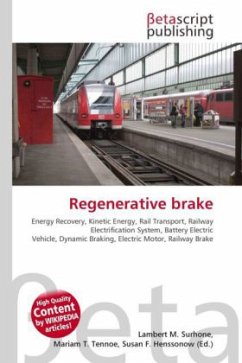Regenerative flow compressors are dynamic machines
capable of producing high heads at very low flow
rates. With comparable tip speed, they can produce
heads equivalent to that of several centrifugal
stages from a single rotor. They have found many
applications for duties requiring high heads at low
flow rates but the compression process is usually
with very low efficiency which is their major drawback.
Even though there are several factors that can be
considered to improve the efficiency of these
machines in this book various models will be
developed with different blade and flow channel
geometries to investigate their effect on performance.
Details of CFD analysis on the models of the
compressor, using a commercial software FLUENT , are
presented. And based on simulation results of the
different models a blade and channel geometry that
gives significant improvement on performance is
suggested.
capable of producing high heads at very low flow
rates. With comparable tip speed, they can produce
heads equivalent to that of several centrifugal
stages from a single rotor. They have found many
applications for duties requiring high heads at low
flow rates but the compression process is usually
with very low efficiency which is their major drawback.
Even though there are several factors that can be
considered to improve the efficiency of these
machines in this book various models will be
developed with different blade and flow channel
geometries to investigate their effect on performance.
Details of CFD analysis on the models of the
compressor, using a commercial software FLUENT , are
presented. And based on simulation results of the
different models a blade and channel geometry that
gives significant improvement on performance is
suggested.

